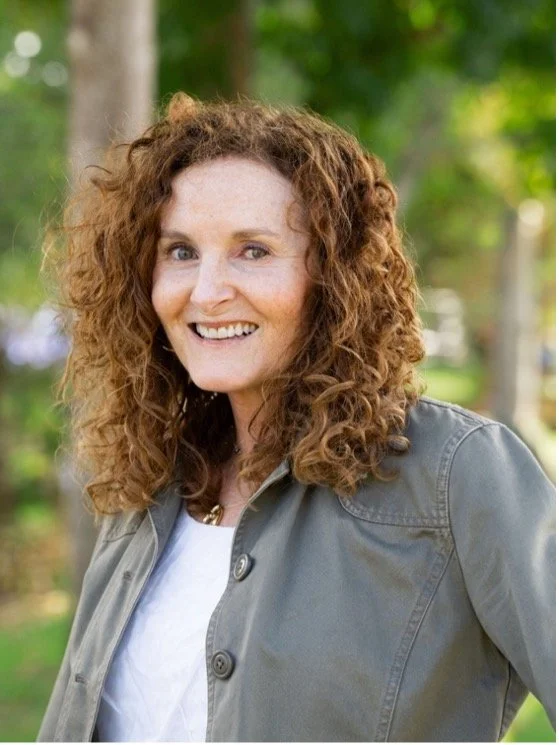Lead is a battle that was supposed to be won. I include this graph on the success of Public Health efforts to reduce lead poisoning at the beginning of many of my talks just to show this: that if we make changes to public policy, if we decide to regulate industry, if we stop poisoning our children, we can change lives.
Figure 1. Percentage of children 1-5 years old in the U.S. population with elevated blood lead levels (≥ 10 μg/dL) (Jones et al. 2009).
But we are still living with past generations' bad decisions, with the paint and gas industries' lies and obstructionism. We will live with this lethal legacy for some time to come. What kind of legacy are we leaving our own children and grandchildren? What industries are getting away with murder now?
The American Public Health Association (APHA) is conducting a webinar series to address the problem of lead pipes, a problem that is not just in Flint.
Participate in the three-part series at The Flint Water Crisis and Beyond:
- Flint and Lead: The Water-Public Health Connection, March 16, 2016, 1 p.m. EDT
- Public Health's Legal Authority and Safe Drinking Water, April 5, 2016, 1 p.m. EDT
- Working Together to Address Lead Exposure in our Communities, week of April 25, 2016
Go to www.apha.org/lead for lead resources from APHA, including:
- AJPH research on lead exposure in water, housing, consumer products and more. Includes the research by Flint pediatrician Mona Hanna-Attisha, whose work confirmed the crisis.
- News articles from The Nation’s Health covering research findings, case studies and prevention programs.
- Lead reports, issue briefs, fact sheets and publications.
- APHA policy statements.
Advocate and help the people of Flint:
- Tell Congress to adequately fund federal public health programs.
- Support and donate to Flint organizations.
It is too late to undo the damage done to the children of Flint. But it is not too late to address lead and other contaminants that systematically poison our children and ourselves. When did we forget that an ounce of prevention is worth a pound of cure? The United States is notoriously poor when it comes to prevention in many areas. After all, it's hard to feel a hero when you don't know what child you saved from cognitive deficits, autism, cancer, birth defects, or auto-immune disease. But the point of public health, notwithstanding the recent failures of the CDC, is precisely this: to be the unsung heroes who prevent these maladies from occurring to start with.
Reference
Jones RL, Homa DM, Meyer PA, Brody JF, Caldwell KL, Pirkle JL, Brown MJ. 2009. Trends in blood lead levels and blood lead testing among U.S. children aged 1 to 5 years, 1988-2004. Pediatrics 123(3):e376-e385.












